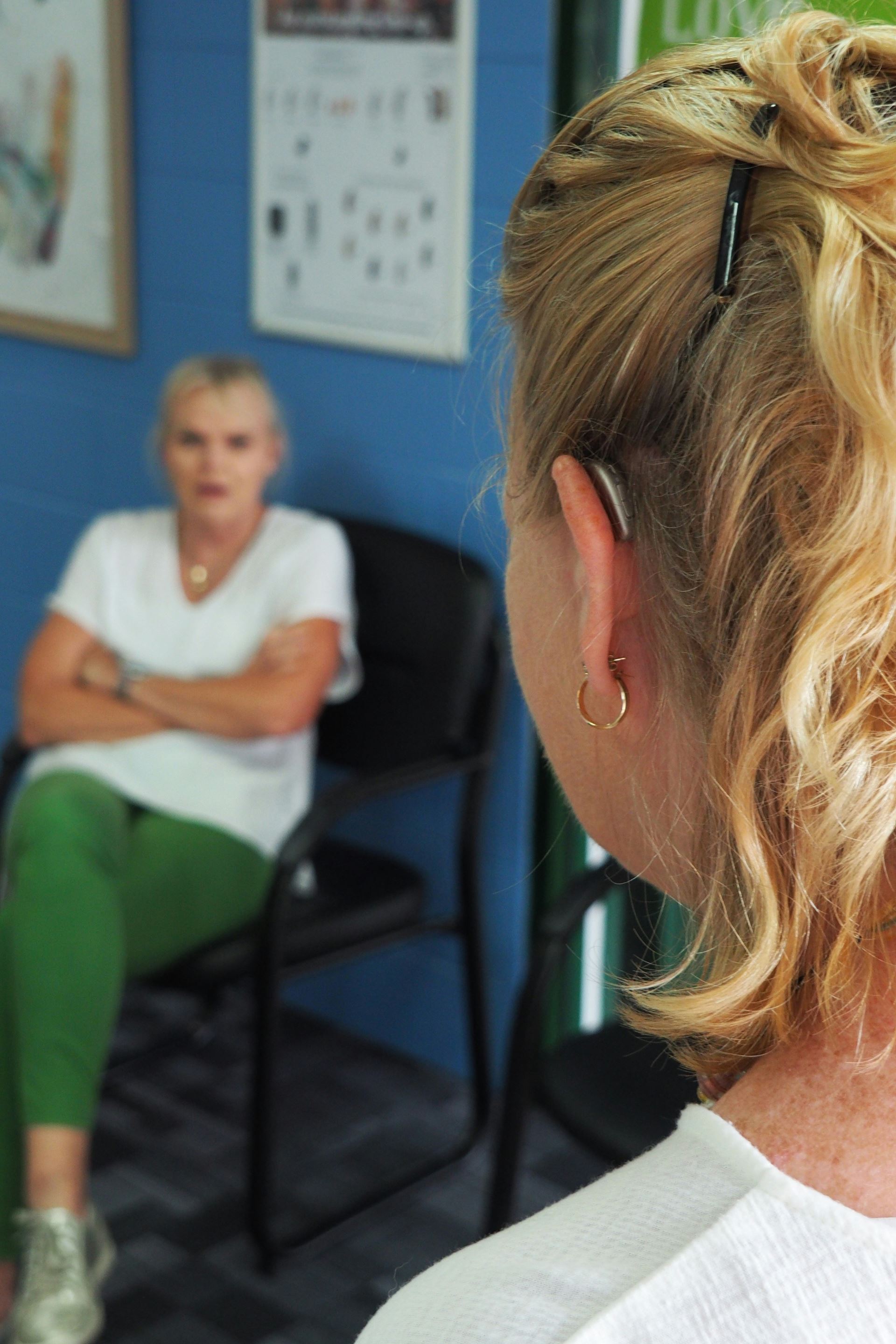Hearing issues
Hearing Issues
Hearing loss is a common condition affecting 1 in 3 people in Scotland. It occurs when there is a problem with one or more parts of the ear or the nerves that send sound to the brain. Hearing loss can vary in severity, ranging from mild difficulty understanding speech in noisy environments to complete deafness. Hearing loss can have a significant impact on quality of life, but with the right support and treatment, individuals can continue to lead fulfilling lives.


What are the types of hearing loss?
What are the different causes of hearing loss?
- Age-related hearing loss is the most common cause, also called presbycusis..
- Prolonged exposure to loud noises like being at concerts can damage the inner ear.
- Genetics: some forms of hearing loss are hereditary.
- Illnesses and Medications: Certain medical conditions and medications can affect hearing.
What are the most common symptoms people describe with hearing loss?
- Difficulty understanding conversations, especially in noisy environment.
- Frequently asking people to repeat themselves
- Turning up the volume on electronic devices
- Ringing or buzzing in the ears (tinnitus)
The above symptoms are often described as gradual and either intermittent or progressive in nature.
What are worrying signs of hearing loss?
There are several signs of hearing loss that warrant immediate attention from a specialist. Here are some key indicators:
-
Sudden Hearing Loss: If you experience a rapid, unexplained and severe loss of hearing in one or both ears, This condition, known as sudden sensorineural hearing loss (SSNHL), can sometimes be treated effectively if addressed promptly.
-
Severe Ear Pain or Discomfort: Persistent or severe pain in your ear, along with hearing loss, could indicate an infection or other serious condition that needs urgent evaluation.
-
Dizziness or Balance Issues: If you experience vertigo or balance problems along with hearing loss.
Early intervention can make a significant difference in managing and treating hearing loss.
Who can assess me if I'm worried I have gradual hearing loss ?
There are several areas in Edinburgh who offer free initial hearing assessments such as Boots, Specsavers, Edinburgh Hearing Practice (st Johns road) and Hidden Hearing on Hanover Street
Our nurse practionners and physician associates can undertake a screening consultation and physical examination . If appropraite, they can refer you to the NHS audiology department at the Lauriston Buildings for more formal and technical hearing test but the waiting time for this is currently over a year.
What is involved in a hearing assessment?
A hearing assessment typically involves several steps to evaluate your hearing ability. Here's what you can expect:
-
Pre-Test Consultation: health professional will ask about your symptoms , medical history, medication any symptoms you're experiencing, and your history of exposure to loud noises.
-
Physical Examination: examination your ears using a device called an otoscope to check for any physical issues like earwax, mucus buildup or evidence of possible infection.
-
Pure-Tone Audiometry: You'll wear headphones and listen to a series of tones at different pitches and volumes. You'll indicate when you hear each sound, usually by raising your hand or pressing a button
Contacting NHS Audiology Services
NHS audiology services , Level 1, Lauriston Buildings, 39 Lauriston Place EH3 9HA
0131 536 1637 (10am-1pm: 2pm-4pm)
Audiology@nhslothian.scot.nhs.uk

NHS Hearing Aids and Servicing
Hearing aid repairs can be sent by post or use of the drop box located at the department at lauriston building.
For replacement battery can be organised by contacting the department by phone or email or send your yellow battery book to the address above.
Page created: 04 September 2020

